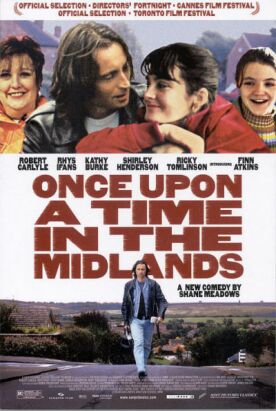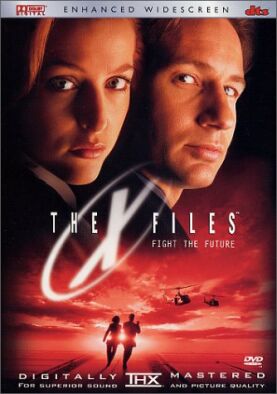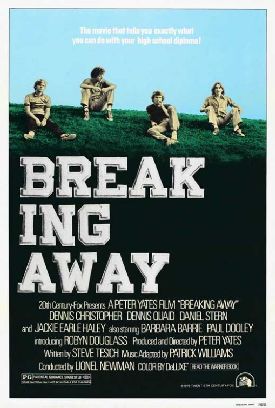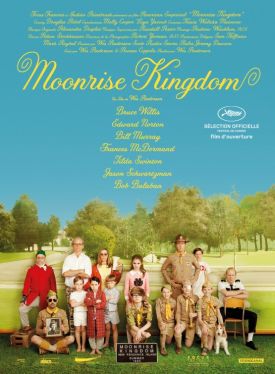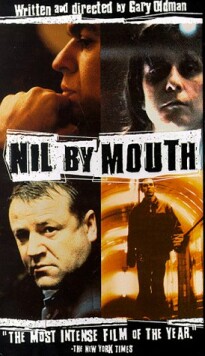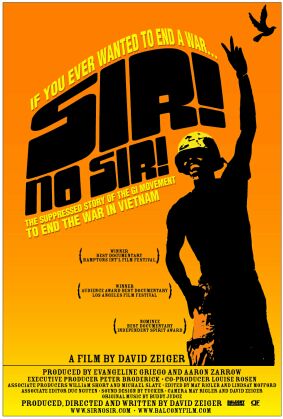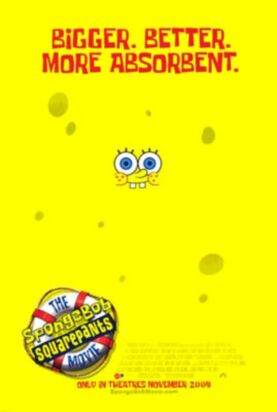Once Upon a Time in the Midlands
What I liked about Once Upon a Time in the Midlands, the third film in the “Nottingham Trilogy” by Shane Meadows — the first two were TwentyFourSeven (1997) and A Room for Romeo Brass (1999) — was what the critics in Britain seem not to have liked when it was released there last year. This is its sunny, funny commercial quality, which seemed to them a betrayal of the “dark” — invariably a word of approbation in the British critical vocabulary — and socially-conscious tone characteristic of its predecessors.
True, the characters in Once Upon a Time are still authentically working class, but they are less picturesque, less pathetic, less distressed and take themselves less seriously — in other words, they are more like real people and so a bit of an embarrassment to the long British tradition of romanticizing the sons of toil, particularly when there’s no more toil for them and they become proud and surly and disappointed.
The film begins with the appearance of four of the main characters on a trashy day-time TV talk show. Carol (Kathy Burke) is loudly complaining about her husband (Ricky Tomlinson), a “Midlands Cowboy” who calls himself Charlie Nashville and is still enmired in what she describes as a ten-year-old “midlife crisis” as a hopeful star of country-and-western music. When the program’s host asks Carol how things are in the bedroom, she belligerently replies: “I won’t let ‘im in the ‘ouse.”
To offset this romantic downer, the host then springs a surprise on Carol’s friend, Shirley (Shirley Henderson), who has come along for moral support. Her boyfriend, Dek (Rhys Ifans), appears on stage with an enormous bouquet of roses and a ring, gets down on one knee and asks her to marry him. “I love your ‘air and your little ‘ands, and your eyes — both of them,” says Dek with a lovable, up-from-the people awkwardness.
But after a long pause, shamefaced Shirley replies: “I can’t, Dek. No.”
It is unclear to us at this point why Shirley would refuse to take her part in the little TV drama that others have scripted for her and that she must in some degree have volunteered for, but it is an admirable way of setting up the tacky and unlovely milieu of the British equivalent of trailer trash without being unduly condescending. Shirley is clearly a woman who is not prepared simply to acquiesce in the world as she finds it.
It also sets in motion the plot when Shirley’s ex-boyfriend, Jimmy (Robert Carlyle), a small-time crook in Glasgow and the father of her 12-year-old daughter Marlene (Finn Atkins), sees the show and assumes with some reason that her refusal means Shirley wants him back. That in turn sets up a confrontation between Jimmy and Dek as a test of manhood like that in the old-fashioned Westerns to which the movie’s title alludes.
“You’re not a man. You’re not even half a man,” says the splendidly menacing Jimmy to a terrified Dek. “You think you’re going to take my Shirley away from me? You must be f***ing joking.”
Mr Meadows, who claims to have been named after the hero of the classic western, Shane, obviously intends both the archetypal confrontation — in which the mild-mannered or “nerdy” (as the New York Times describes him) hero must overcome his fears to win back his lady from the monster — and the frequent touches of the absurd that surround it. it. Like the stylized westerns of Sergio Leone to which this film so lovingly alludes, it allows us the guilty pleasure of that archetypal moment while also supplying the aesthetic means for us to feel superior to it. The fact that it is a movie about a movie, or about the movies, makes it OK for us to enjoy its second-hand moral drama.
Or perhaps a better comparison would be with Bridget Jones’s Diary, which also takes full account of the widespread belief that we are too evolved to look upon the Neanderthal clash of man and man over woman with anything but amused contempt. We are not, after all, stags in rut. Yet, also like Bridget Jones, Once Upon a Time shows a sneaking admiration for those rutting stags, and the dawning of a realization that the test of manhood is, shockingly as well as amusingly, as relevant to our times as ever.
Discover more from James Bowman
Subscribe to get the latest posts to your email.

